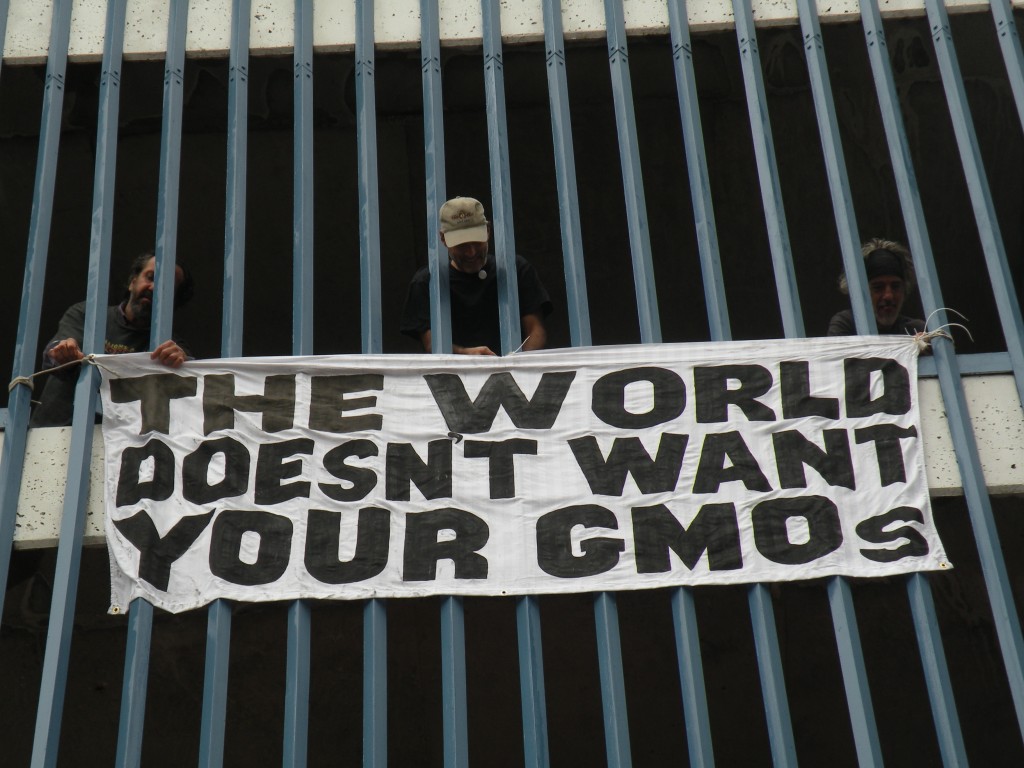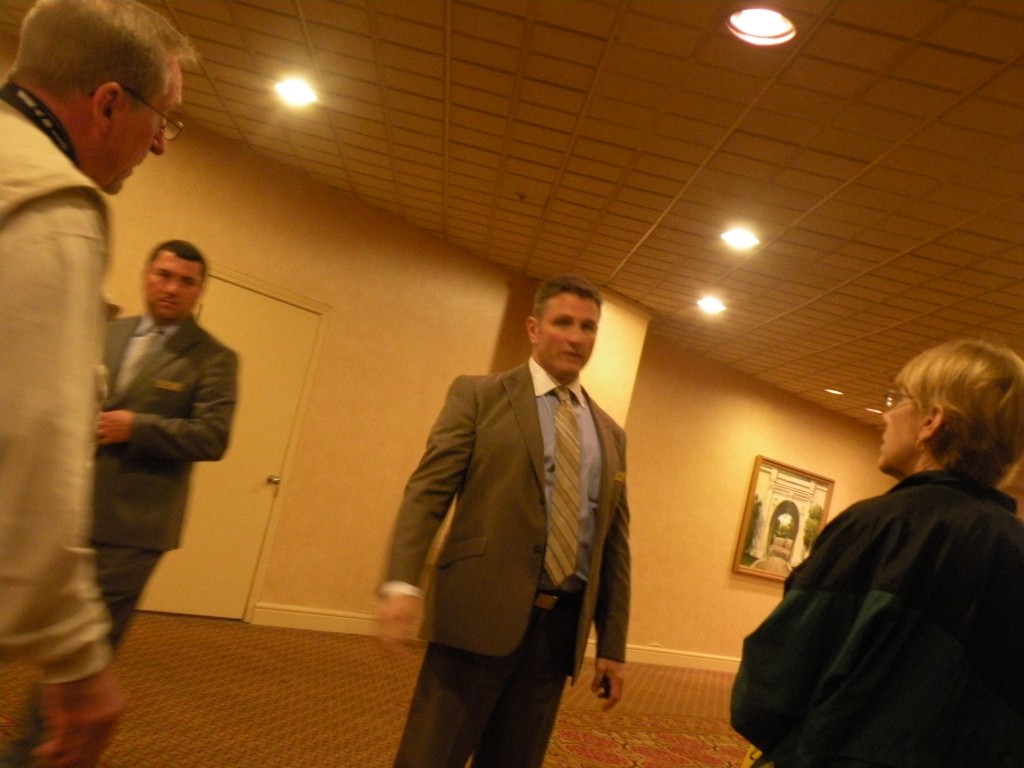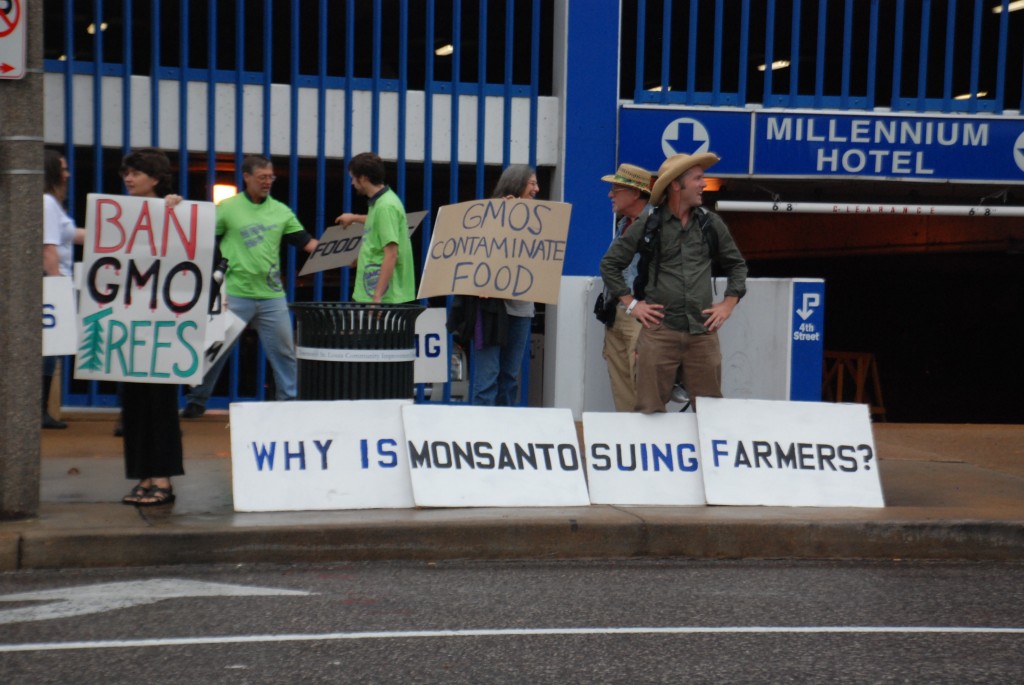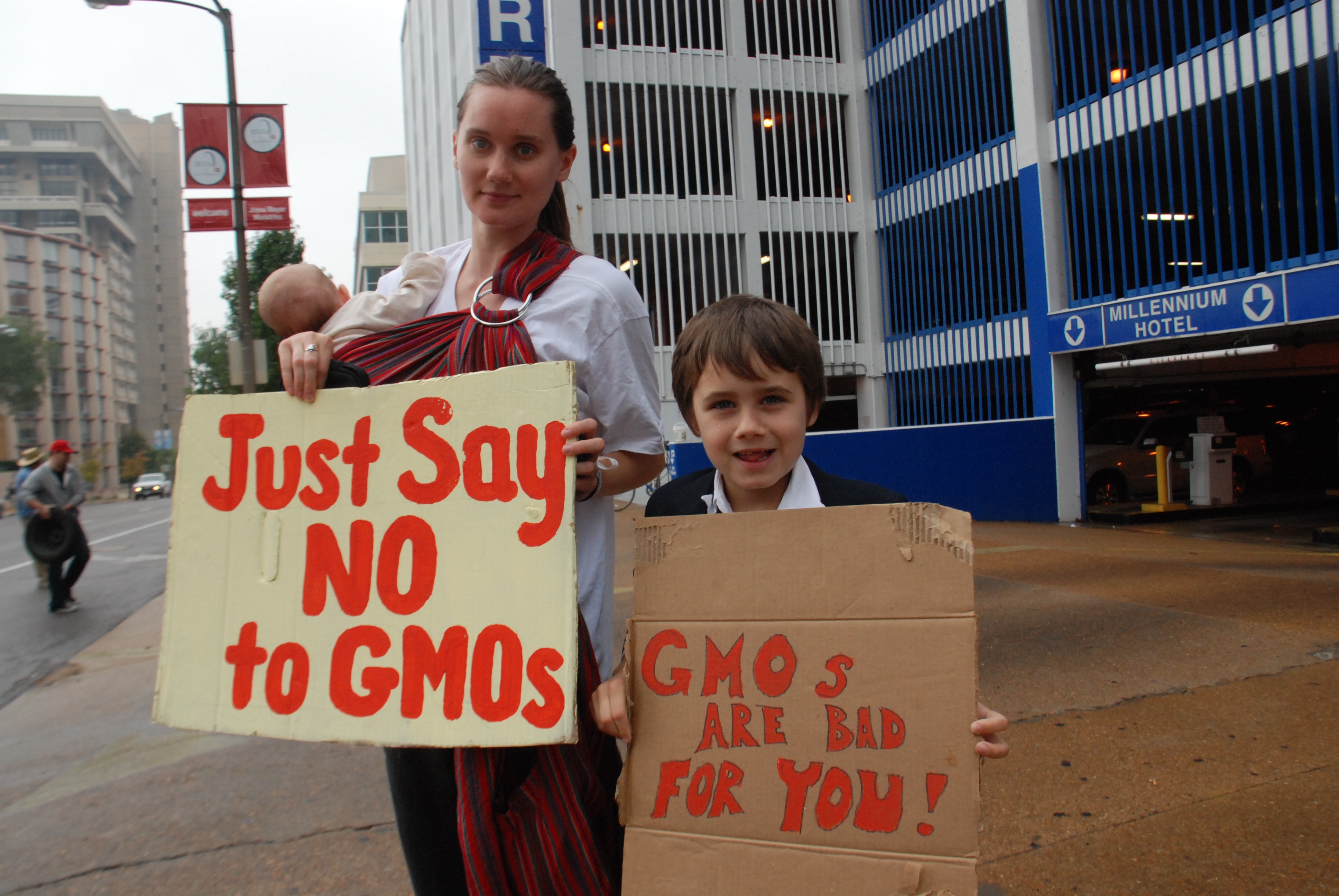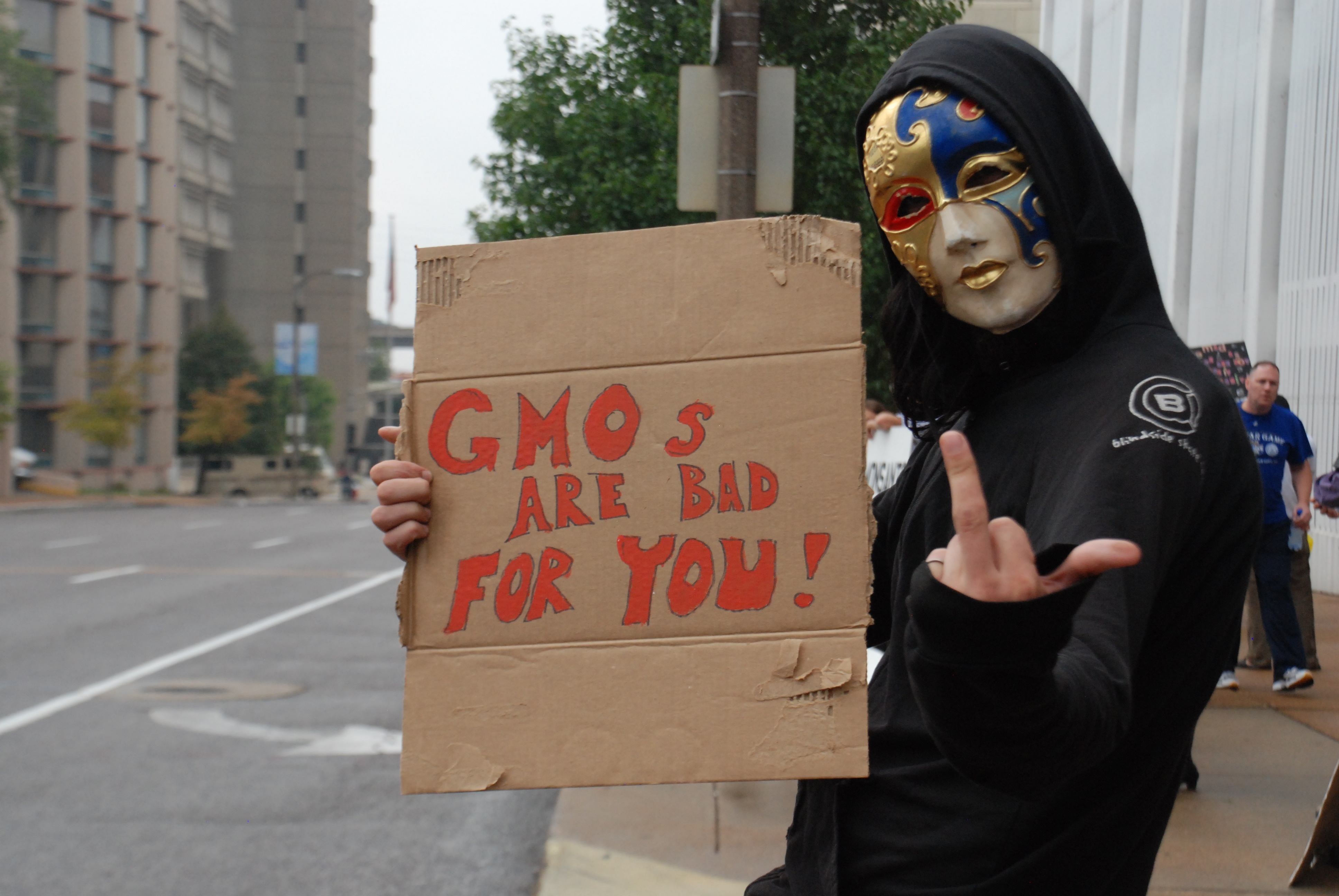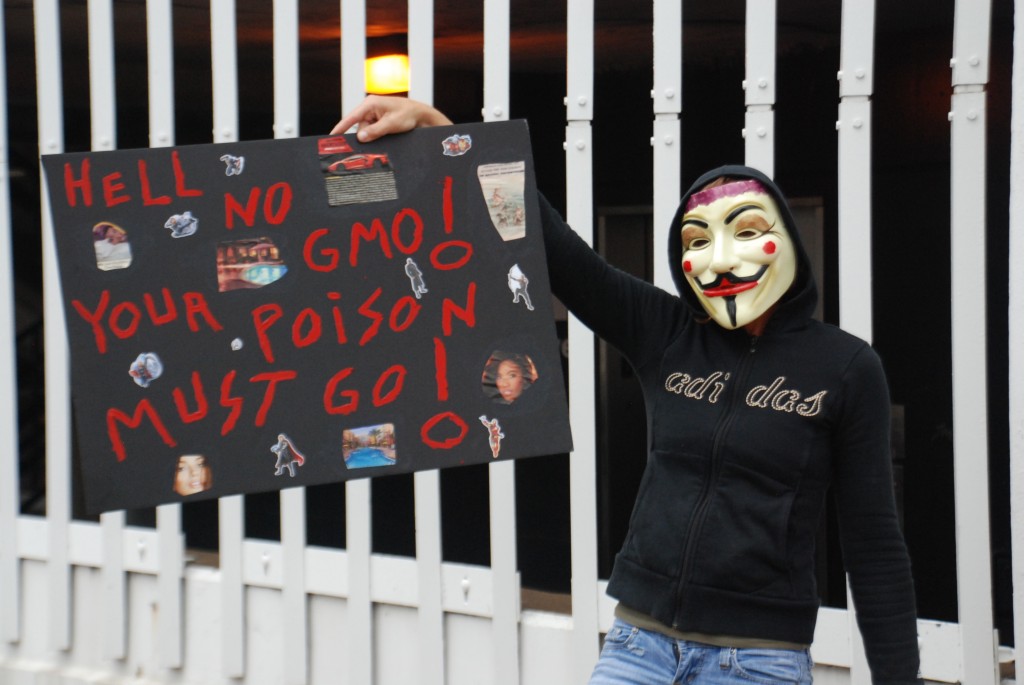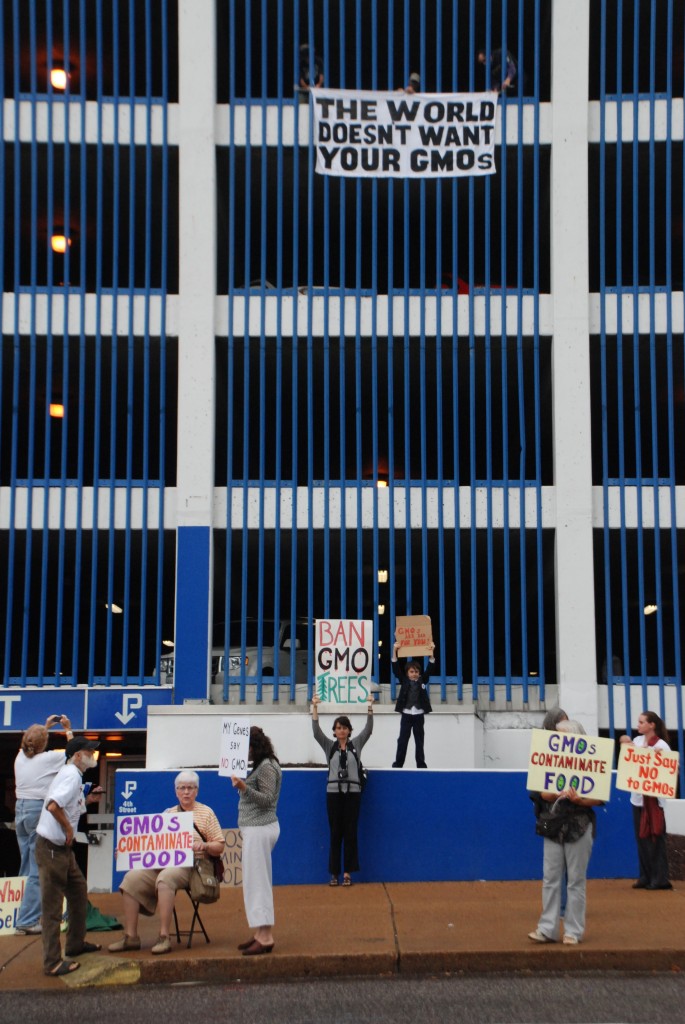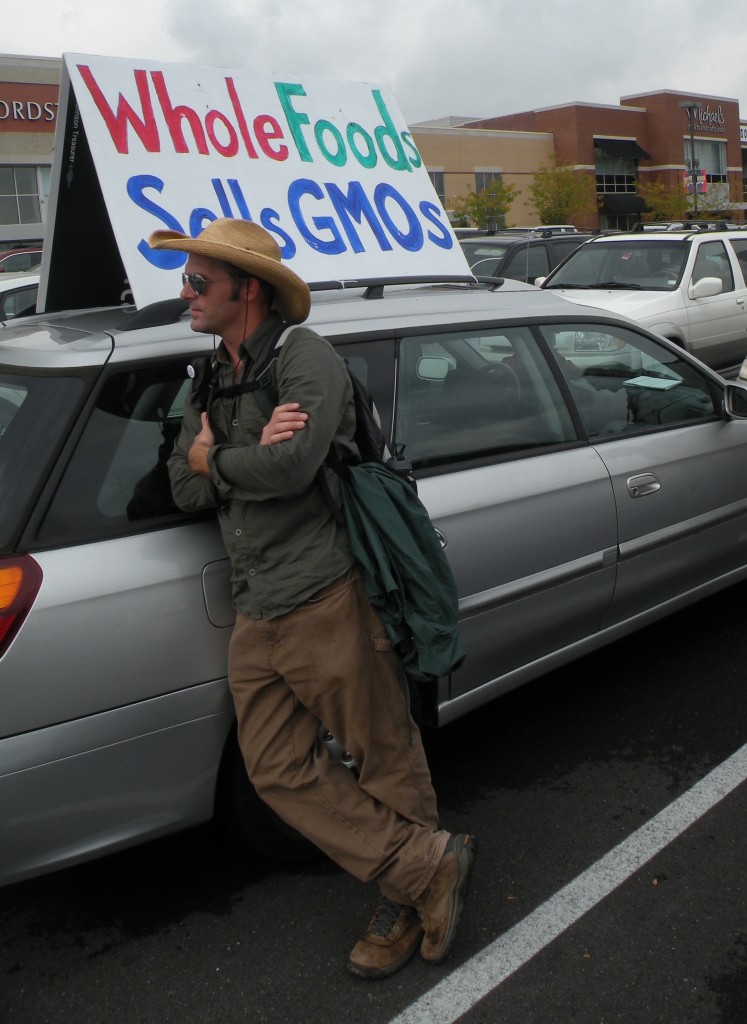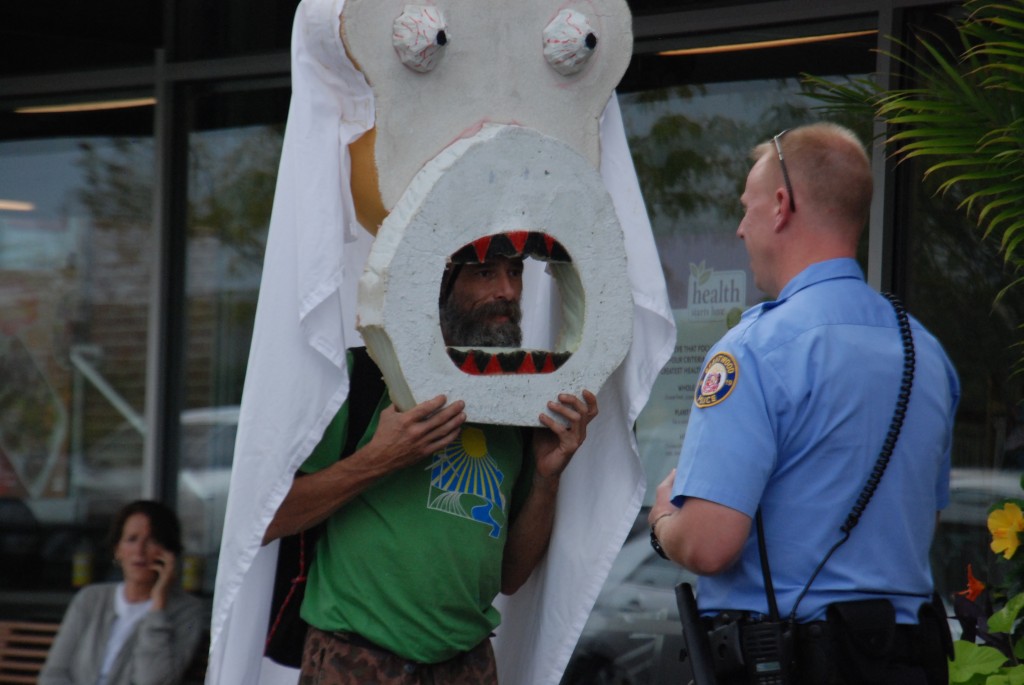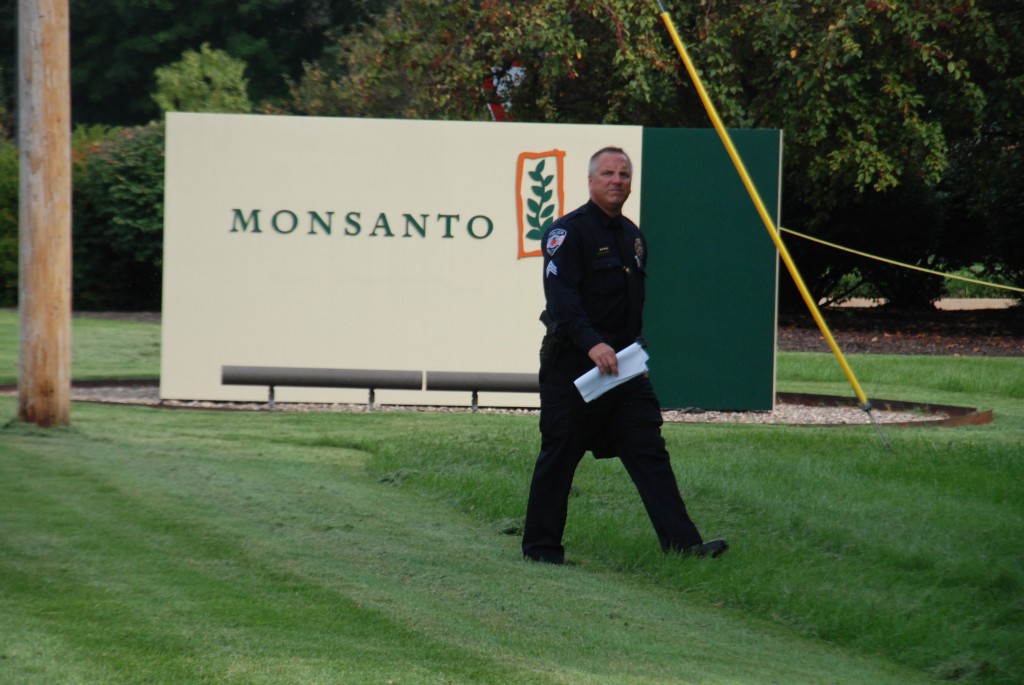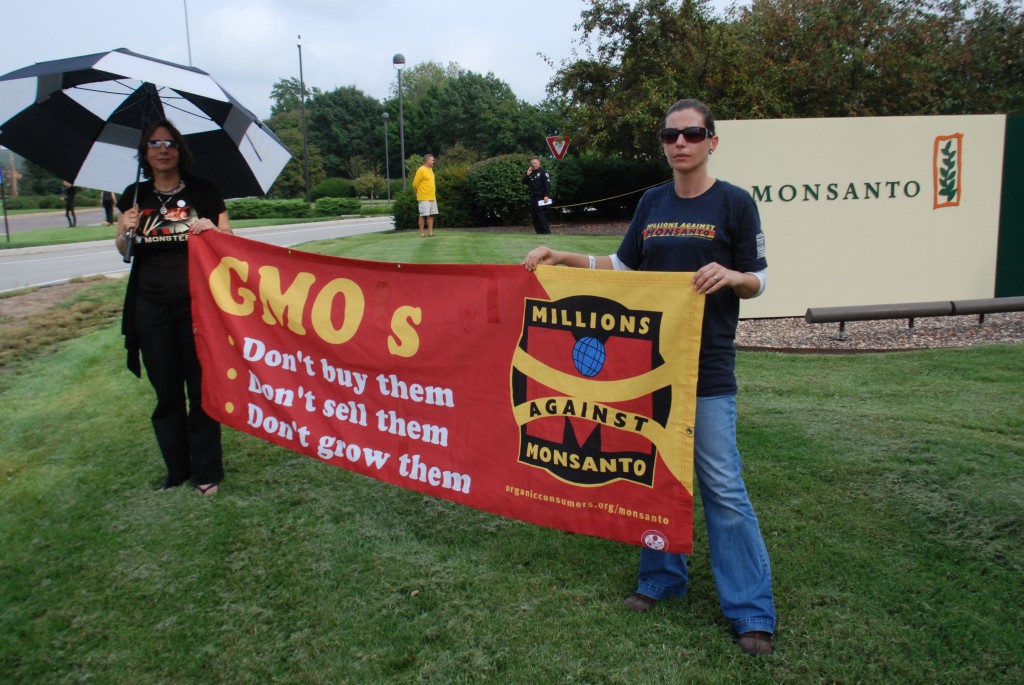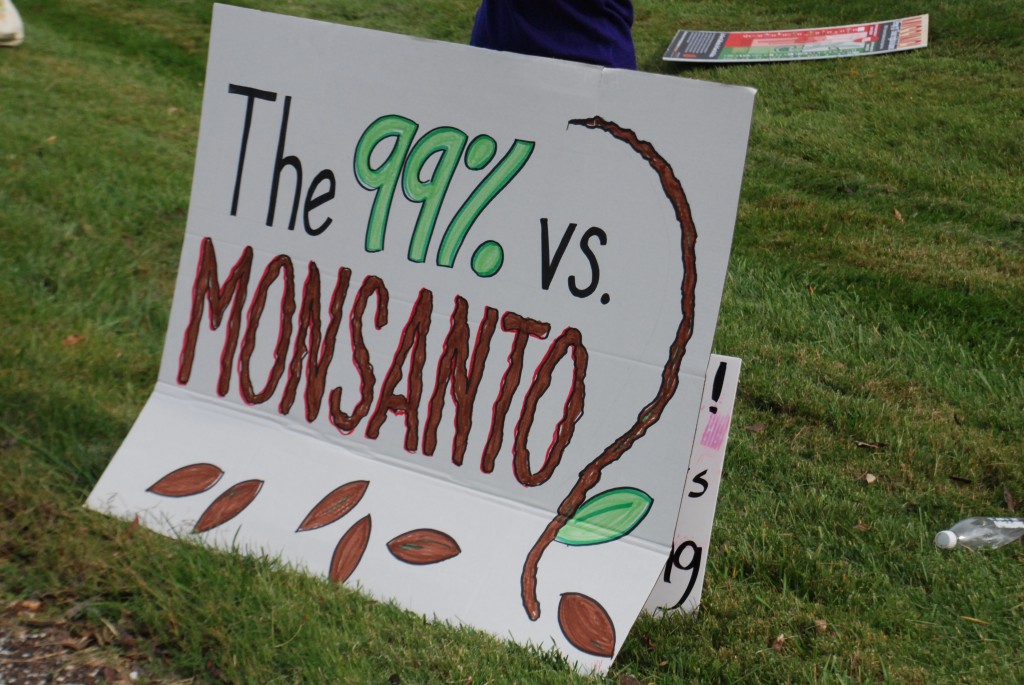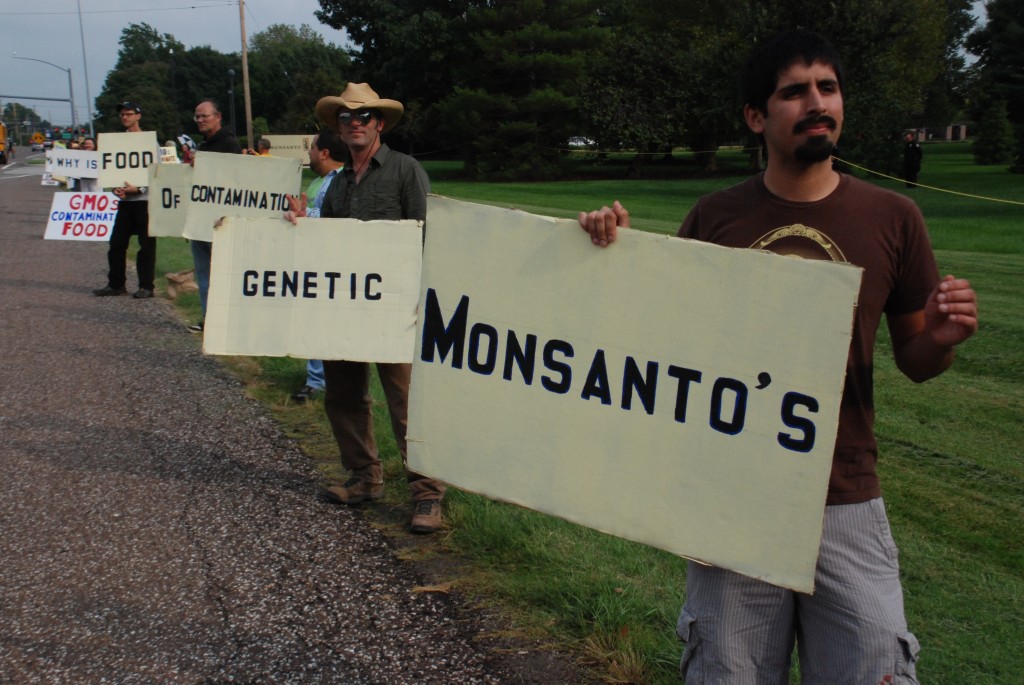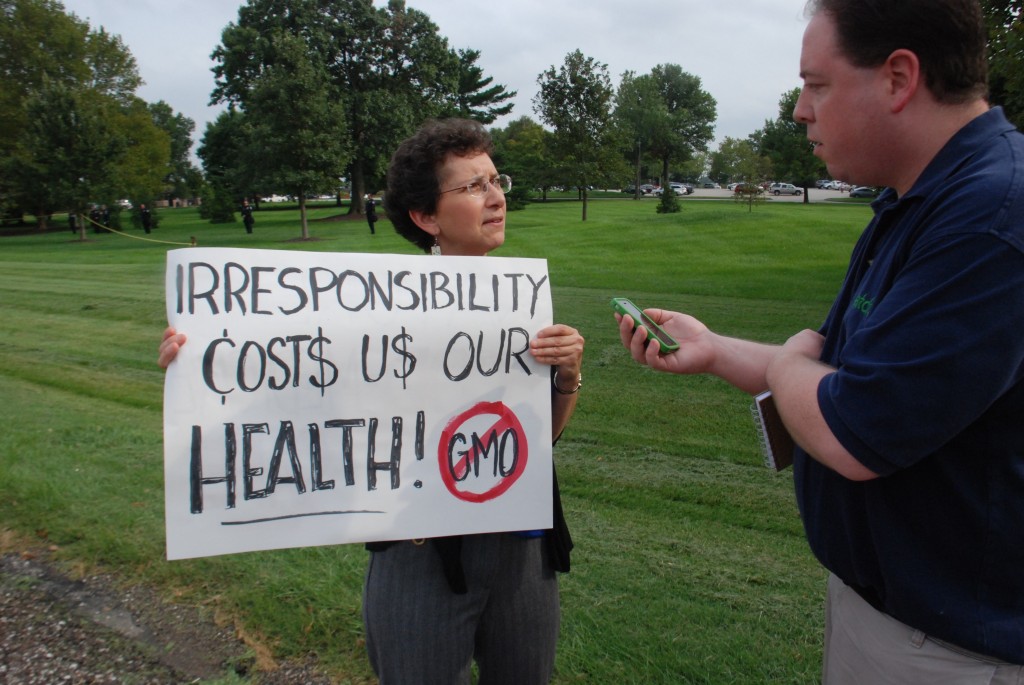By Phil Bereano, Profesor Emeritus, University of Washington, October 2, 2012
Note: The following was received by GJEP Executive Director Anne Petermann via email and will be read during the UN’s Cartagena Biosafety Protocol meeting today.
-The GJEP Team

Photo: Los Angeles Times
On behalf of the green NGOs participating in the 6th Meeting of the Parties to the UN’s Cartagena Biosafety Protocol, in Hyderabad, India (regulatng the cross-bundary movement of GMOs), I am introducing the following statement at the Wednesday morning plenary:
We have learned yesterday of the death of Barry Commoner–a great American scientist and, as the New York Times called him, the “lifeguard” of Planet Earth–this past Sunday, in New York City.
One of the first individuals to push for a greater involvement of scientists and other technical workers with society’s problems, he co-founded the Scientists Institute for Public Information in 1963 to provide relevant information to journalists and citizen activists. This effort to help empower citizens increased the quality and authenticity of public decision-making. Citizens were thus emboldened to become watchdogs, monitoring governmental and corporate activities and joining collectively to correct them; he insisted that civic society had the right to demand accountability. Commoner’s critique of capitalism’s heedless pursuits of profits regardless of external cost had a profoundly moral basis. He saw social justice concerns linking environmentalism, gender equality, issues of racial harmony, controlling militarism.
In our own field of biosafety, Commoner was, in the words of the Times, “a founder of modern ecology and one of its most provocative thinkers and mobilizers in making environmentalism a people’s political cause”. He was associated with the Council for Responsible Genetics, the world’s first NGO to take up the issues of genetic engineering (in the 1980s). In February of 2002, he authored one of the most profoundly important articles for laypeople on the subject of genetic engineering, “Unraveling the DNA myth: The spurious foundation of genetic engineering” (Harper’s Magazine)which exposed “the Central Dogma” that somehow DNA was solely determinative of an organisms life.
In 1970 at the time of the first Earth Day, Time magazine featured him on its cover as the “Paul Revere of Ecology,” referring to the American Revolutionary who warned citizens of danger from approaching British troops. Yes, Commoner sounded some of the first alarms over biosafety; we in the NGO community remember him with pride as we continue to respond to threats to the Earth’s well-being.
Phil Bereano
Prof Emeritus
Uiversity of Washington
& Washington Biotechnology Action Council






